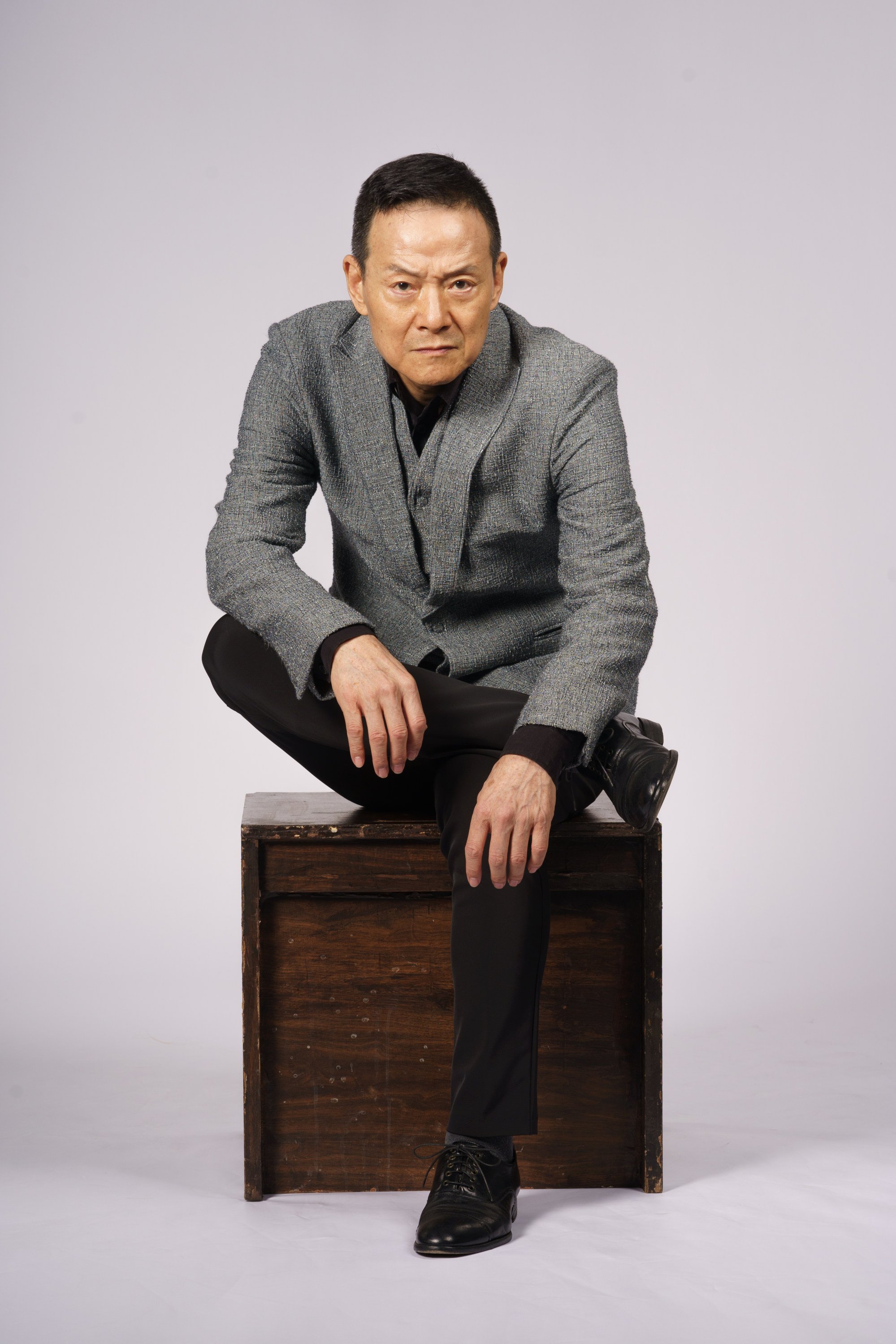
Wu, who is the production’s artistic director, script editor and lead actor, says any art form needs to evolve to stay relevant, and he is hoping that this particular cross-fertilisation will introduce new audiences to the Chinese tradition.
‘I felt loved’: how choreographer Yuri Ng caught the ballet bug young
‘I felt loved’: how choreographer Yuri Ng caught the ballet bug young
While the story of Julius Caesar is one from ancient Roman history, Wu thinks it still holds importance for the rest of the world.
“We didn’t change the story background or the characters’ names. The 21st-century world is borderless – everyone already knows the story. We wanted to authentically show the richness of Julius Caesar and to directly insert our performance art in a Western theatre context.”
“That’s why many of my costumes still have water sleeves,” he adds. In Chinese opera, water sleeves are silk extensions to the cuff of garments used to produce ripple-like movements and represent different emotions.
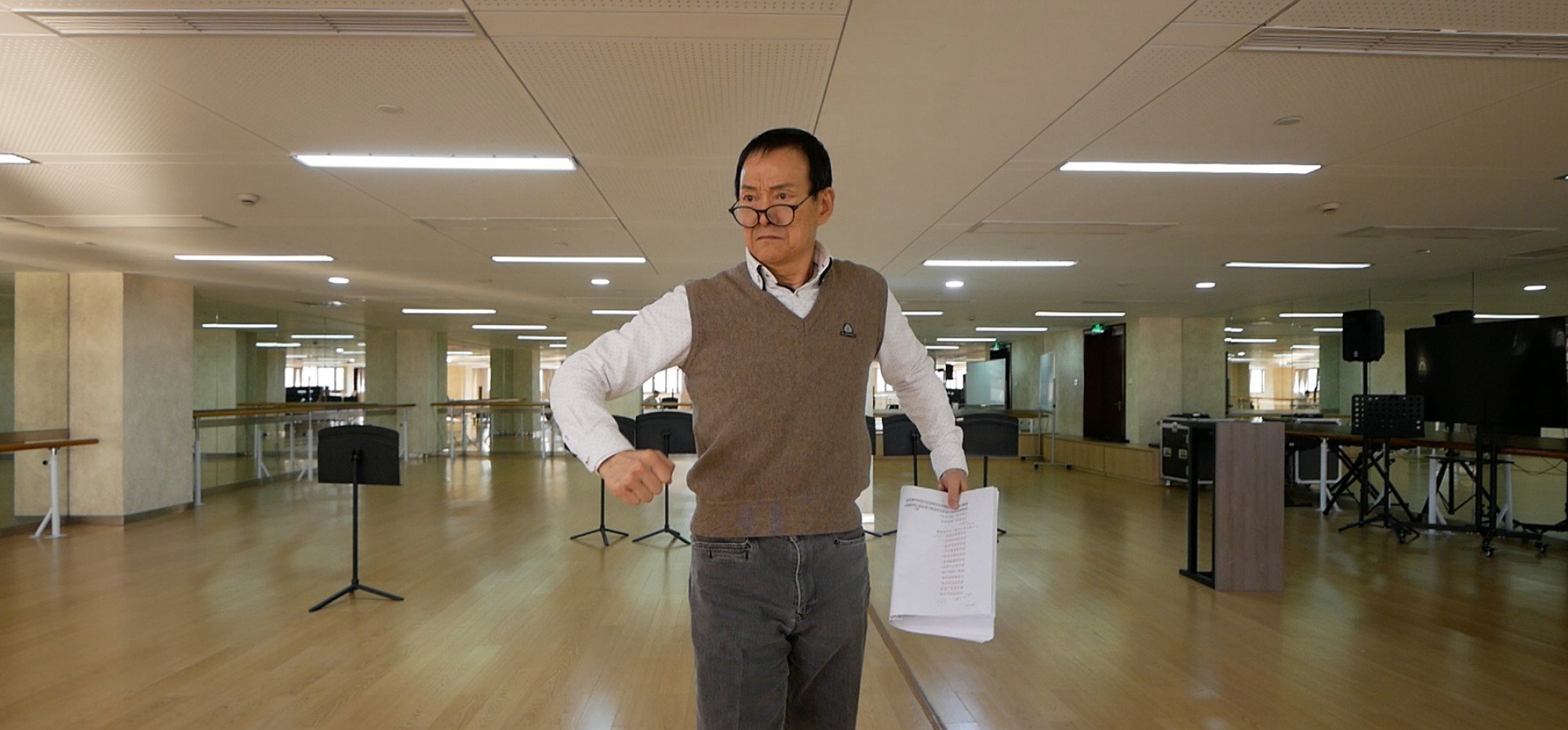
Wu says the costumes have the look of ancient Roman robes, but the performers’ body movements and the hero’s solemnity are quintessentially from Chinese opera. “This is how we will present the depth and breadth of our performance art to the world,” he adds.
Wu, who was born and raised in Taiwan, says Peking opera has since the late Qing dynasty always been well received by Taiwanese audiences.
The script, costumes and music were almost done. It has been a four-year wait
“Despite cross-straits tensions between Taiwan and mainland China,” he says, “I think Taiwan has kept a lot of the Peking and Shanghai opera traditions.”
Trained in Peking opera since the age of 11 at Fu-Hsing Chinese Opera School in Taiwan, Wu considers the art form “very, very important” to him.
“The creative expression of Peking opera has a way of depicting dramatic tension that is unique and well-loved in the world, and it has led us to perform around the world,” he says.
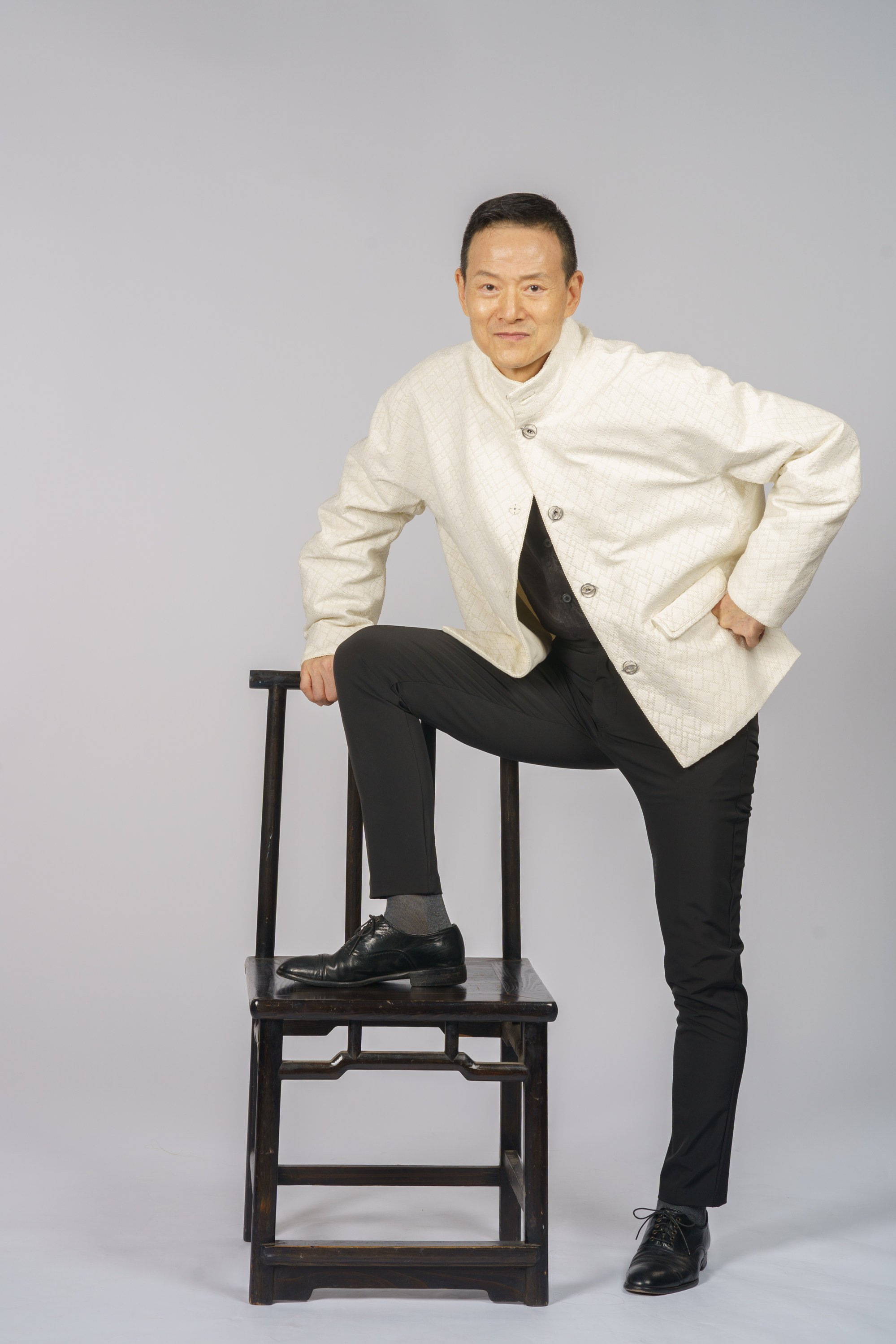
He has performed in places including Japan, South Korea, Singapore, Hong Kong, France, Germany, the UK and the United States.
In 1994, he won best new actor at the 13th Hong Kong Film Awards for his performance in Clara Law Cheuk-yiu’s period drama Temptation of a Monk (1993).
During his theatre education at the Chinese Culture University in Taipei, he studied Western classics, including the works of Shakespeare. He recalls Macbeth, A Midsummer Night’s Dream and The Tragedy of Hamlet, Prince of Denmark as some of his inspirations.
Why this young Hong Kong-born conductor chose to build his career in Seoul
Why this young Hong Kong-born conductor chose to build his career in Seoul
For his Julius Caesar production, he adapted the Shakespeare play with help from Beatrice Lei Bi-qi, a professor of English with whom he has worked several times on previous Shakespeare adaptations.
Lei is the chair of the Asian Shakespeare Association and has contributed much to research of Shakespeare in relation to Asian cultures and experiences.
In 2016, she co-authored Shakespeare’s Asian Journeys: Critical Encounters, Cultural Geographies, and the Politics of Travel.
There is communication between the actors and the audience, which can be very realistic
“We had initially planned the production for the Hong Kong Arts Festival in 2020, but Covid lockdown came even before the Chinese New Year [that year],” Wu says.
“The script, costumes and music were almost done. It has been a four-year wait.”
Although the enforced delay came as a shock, Wu says he and the crew have taken the time to ponder the structure of the production and to modernise and perfect it.
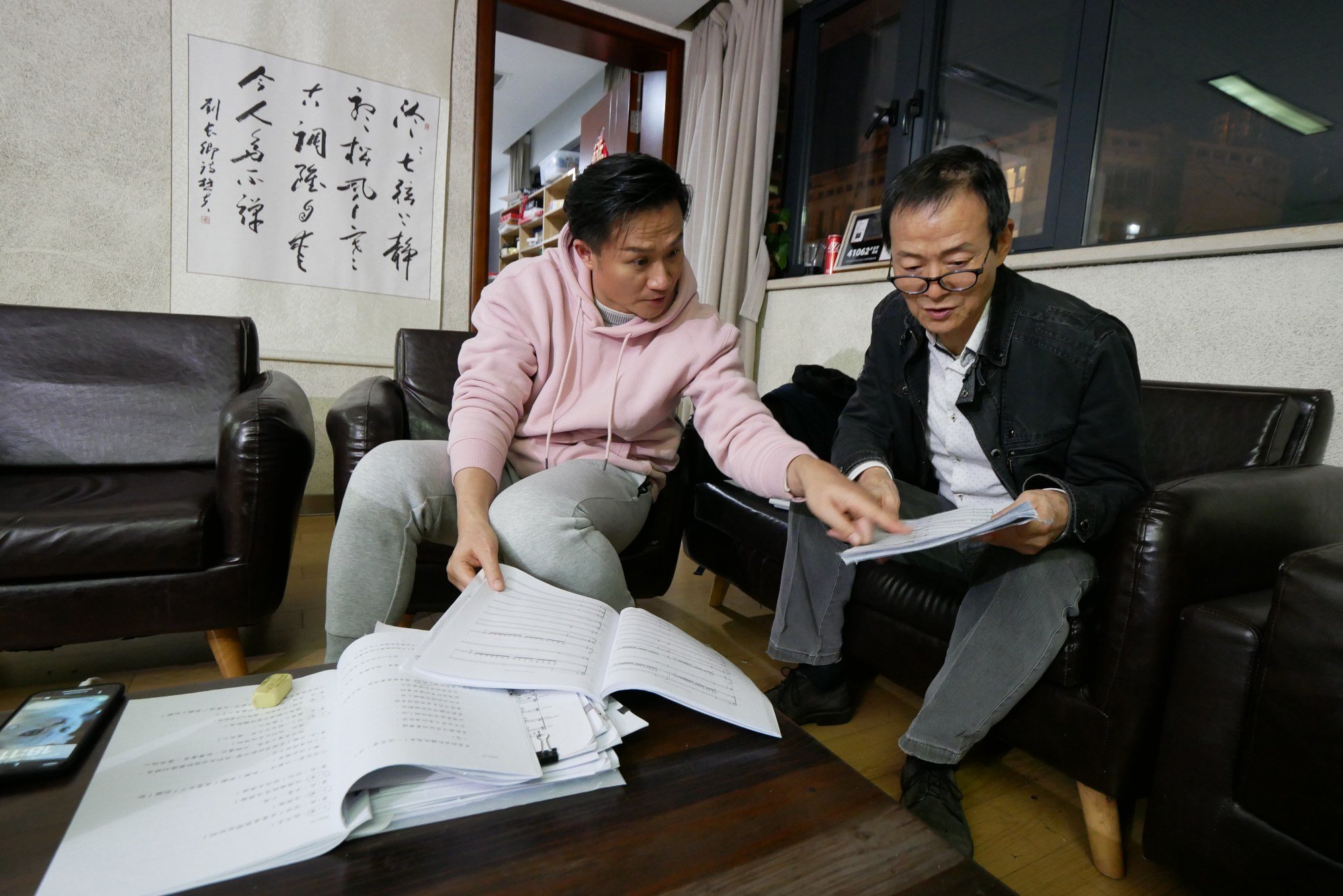
He says he thought about whether to present a completely historical portrayal showing every character in the story, or to explore just the key figures.
“We chose the latter, which means Zhang Jun [who will play the role of Marcus Brutus among others] and I become critical,” he says. Zhang is known as “the prince of Shanghai opera”.
There are about 10 performers in the production. Wu will play the title role, and those of characters including Mark Antony and Gaius Cassius Longinus.
The Peking opera version of Julius Caesar will introduce a new character – a modern-day scholar documenting ancient Roman ruins with a digital camera.
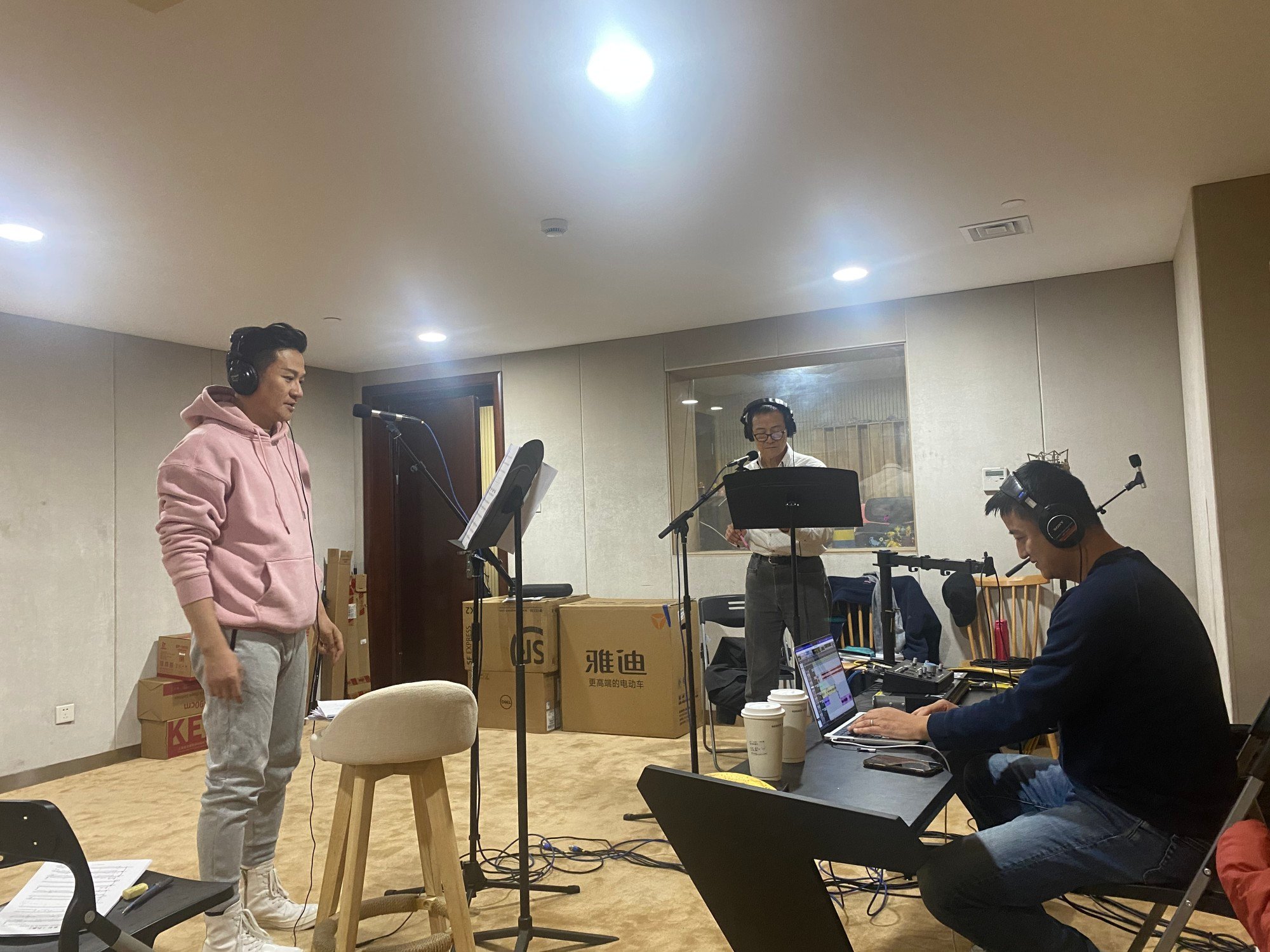
The plot unspools as this character examines influential figures in history; aside from adding mixed-media layers to the stage visuals, the role will serve as a vehicle to question current world leaders.
“The theatre is a dreamland of infinite imagination,” Wu says.
“It can be surreal and cinematic, which is why I think it can be better than film – because you’re watching real people perform. There is communication between the actors and the audience, which can be very realistic.”
Julius Caesar by Contemporary Legend Theatre, Lyrics Theatre at the Hong Kong Academy of Performing Arts. 8pm, February 22 to 24. Performed in Mandarin with Chinese and English subtitles.

